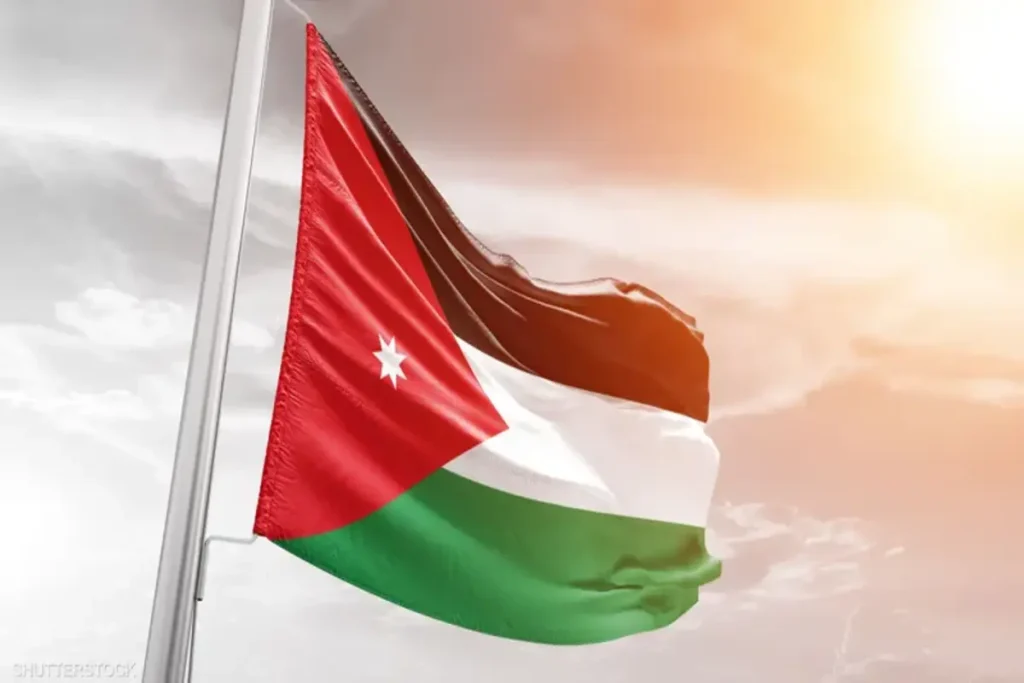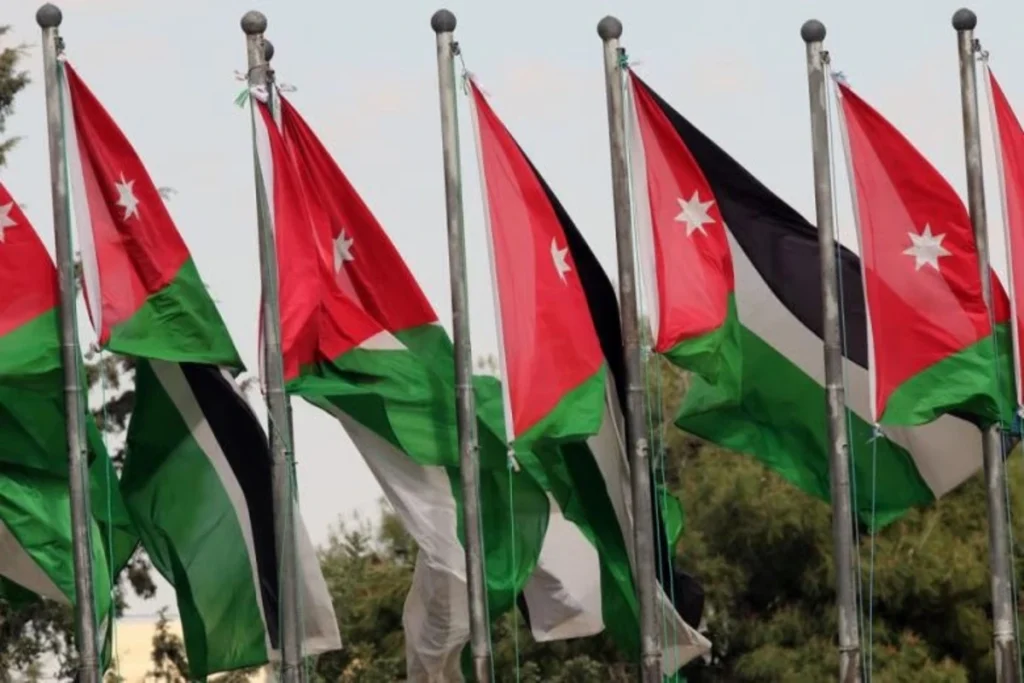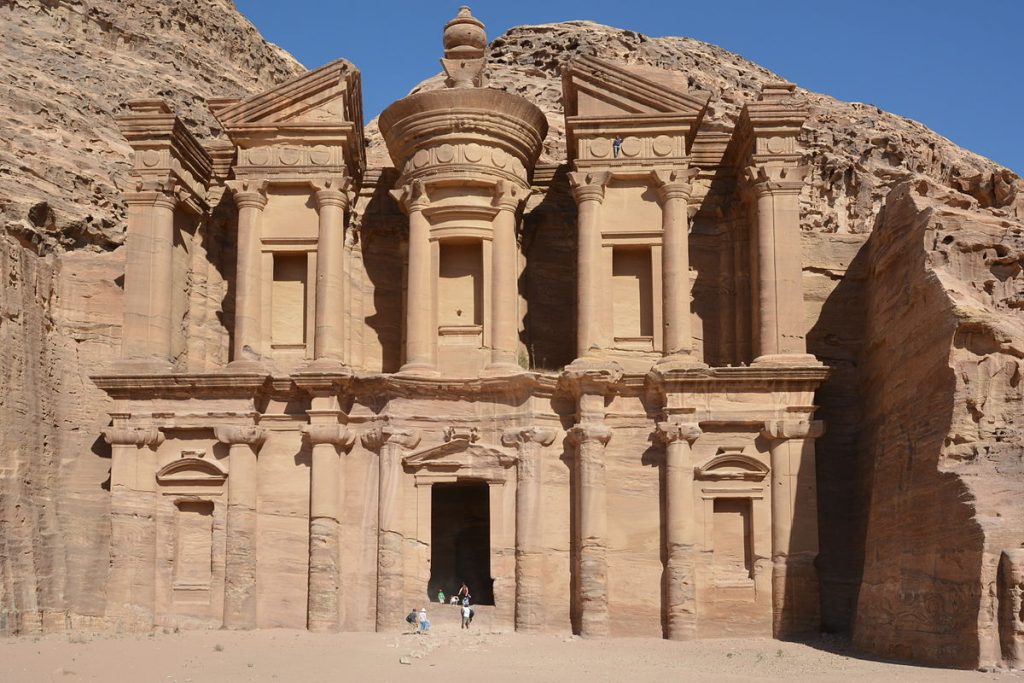
Traveling to Jordan during Ramadan is generally acceptable and can be a unique cultural experience, but visitors should be mindful of local customs and religious practices. During daylight hours, most Muslims fast, so it is respectful to avoid eating, drinking, or smoking in public. Many restaurants and cafes remain closed until sunset, though hotels and some establishments cater to tourists. The atmosphere becomes lively after iftar (the evening meal), with bustling markets and social gatherings. Travelers should dress modestly, be patient with adjusted business hours, and embrace the spirit of the holy month by showing respect and understanding.
Traveling to Jordan during Ramadan can be a fascinating and enriching experience, offering insights into the country’s deep-rooted Islamic traditions. However, as a visitor, it is important to approach the trip with cultural awareness and respect for local customs. Understanding the ethical considerations of visiting Jordan during this holy month ensures that travelers have a meaningful and respectful experience while minimizing any unintentional disruptions to local life.
Understanding Ramadan in Jordan

Ramadan is the holiest month in the Islamic calendar, observed by Muslims worldwide through fasting, prayer, and acts of charity. In Jordan, a predominantly Muslim country, the rhythm of daily life shifts significantly during this time. From dawn until sunset, Muslims refrain from eating, drinking, smoking, and other physical indulgences. The focus is on spiritual reflection, self-discipline, and community.
While the pace of life slows down during the day, evenings after iftar (the meal that breaks the fast) become vibrant, with families and friends gathering to celebrate. Markets, cafes, and restaurants fill with people, and the atmosphere is warm and festive.
Ethical Considerations for Travelers

1. Respect for Fasting Muslims
One of the most important ethical considerations when traveling to Jordan during Ramadan is being mindful of those who are fasting. Eating, drinking, or smoking in public during daylight hours is considered disrespectful and should be avoided. While non-Muslims are not required to fast, they should consume food and drinks discreetly, preferably in private or designated areas such as hotel restaurants.
2. Adapting to Local Customs
During Ramadan, business hours change, and many shops, cafes, and restaurants remain closed until the evening. Government offices and banks often operate on reduced hours. Travelers should plan accordingly, being patient and understanding of the slower pace of life. Respecting these adjustments demonstrates cultural sensitivity.
3. Modest Dress and Conduct
Although Jordan is generally conservative, Ramadan calls for an extra level of modesty in dress and behavior. Visitors should opt for clothing that covers shoulders and knees, avoiding revealing outfits. Public displays of affection, loud behavior, and excessive partying should also be minimized during this period.
4. Embracing the Spirit of Ramadan
Ramadan is not just about fasting; it is also a time of generosity, hospitality, and community bonding. Tourists can embrace this spirit by engaging with locals in a respectful way, learning about Ramadan traditions, and even participating in charitable activities. Some hotels and cultural centers organize iftar meals, where visitors can experience the breaking of the fast with locals, providing a deeper cultural connection.
5. Being Patient and Flexible
Because people are fasting and schedules shift, travelers may encounter delays, slower service, or tired workers, especially in the hours leading up to iftar. Approaching these situations with patience and understanding is crucial. Instead of seeing it as an inconvenience, it can be an opportunity to observe the significance of Ramadan in daily life.
Benefits of Visiting Jordan During Ramadan
Despite the adjustments required, visiting Jordan during Ramadan has unique advantages. The country’s major tourist attractions, such as Petra, Wadi Rum, and the Dead Sea, are often less crowded during the day, allowing for a more relaxed experience. Additionally, experiencing the lively nighttime atmosphere after iftar can be a highlight, with delicious Ramadan delicacies and vibrant social gatherings.
Best places to visit

Visiting Jordan during Ramadan offers a unique experience, with a mix of spiritual ambiance, historical exploration, and lively post-iftar activities. Here are some of the best places to visit:
1. Amman – Cultural & Nightlife Experience
- Citadel & Roman Theatre: Enjoy historical sites with fewer crowds during the day.
- Rainbow Street: A lively spot in the evening with cafes, restaurants, and Ramadan decorations.
- Downtown Amman (Al-Balad): Explore traditional markets (souks) that come alive after iftar.
2. Petra – A Mystical & Serene Experience
- Visit the ancient city early in the morning or late afternoon to avoid the heat.
- Petra is less crowded during Ramadan, offering a more peaceful exploration.
- Try Petra by Night, where the site is illuminated by candles—perfect for an enchanting Ramadan evening.
3. Wadi Rum – A Desert Retreat
- Experience the breathtaking desert landscape with a guided jeep tour.
- Enjoy Bedouin hospitality with traditional Ramadan meals under the stars.
- Sunset views in Wadi Rum are a perfect way to experience the tranquility of fasting hours.
4. Dead Sea – Relaxation & Spiritual Rejuvenation
- Float in the mineral-rich waters and enjoy spa treatments during the day.
- Several luxury hotels offer special Ramadan iftar buffets with stunning sunset views.
5. Jerash – Ancient Roman City
- Explore the well-preserved Roman ruins with fewer tourists around.
- Best visited in the morning before it gets too hot.
6. Aqaba – Beach Escape & Evening Activities
- Relax on the Red Sea beaches and go snorkeling or diving.
- Many seaside resorts offer iftar dinners with fresh seafood and traditional dishes.
- After iftar, the city comes alive with Ramadan festivities and shopping.
7. Ajloun & Dana Biosphere Reserve – Nature & Spirituality
- Ajloun Castle: A historic site with panoramic views.
- Dana Reserve: Perfect for a quiet nature retreat during fasting hours.
Bonus: Ramadan Nights & Special Events
- Iftar in Local Homes: Some programs allow tourists to experience Ramadan with a Jordanian family.
- King Hussein Mosque & Other Mosques: Visit to witness the spiritual atmosphere of Taraweeh prayers.
- Traditional Souks (Markets): Shop for dates, Arabic sweets, and Ramadan lanterns in places like Souk Jara.
Jordan during Ramadan offers a mix of peace, spirituality, and vibrant nightlife after iftar. It’s a great time to explore the country’s beauty while respecting local traditions.
